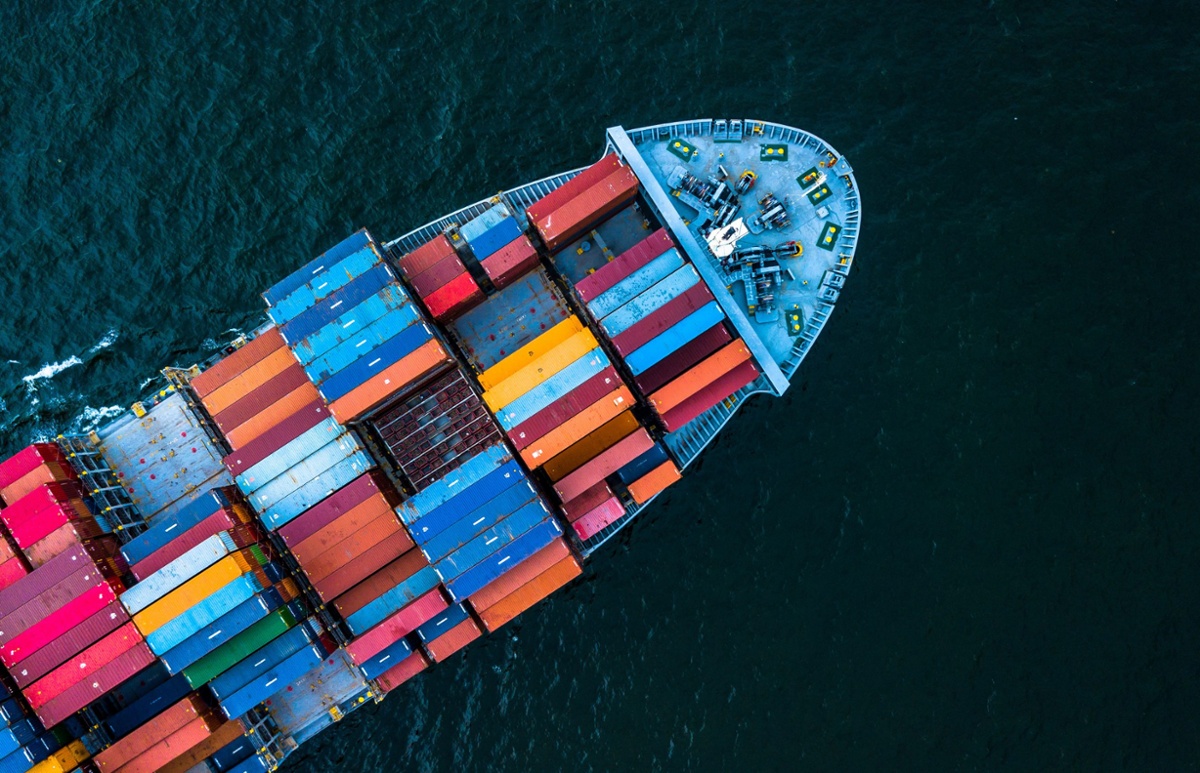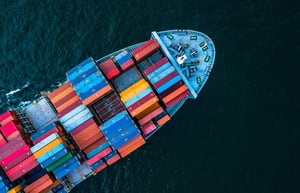How BREXIT affects your imports and exports with the EU

Britain’s final exit from the European Union on the 31st December 2020 has brought a bout of changes to the way that we do trade with the rest of the world. The trade deal agreed at the eleventh hour is being progressively revealed to be on the flimsy side, leaving us standing in an international arena of trade for the first time since 1973.
What does this mean for our trade with the EU and beyond?
The Brexit Transition Period
The Brexit Transition Period was defined as the portion of time that the UK was no longer a member of the EU but still part of the single market. The intent behind this steady downgrading of our relationship was to allow us an extra grace period in which to negotiate trade deals before the plug was pulled entirely.
The Transition period came to an end as of 11PM GMT on the 31st of December last year, meaning that as of 1st January 2021 the UK is no longer a member of the EU or the single market. This is the first time out on our own, so to speak, since 1973, when the UK joined the nine-strong European Community, as the EU was then known.
Imports and exports after Brexit
The Government has admitted that the break with the EU means extra paperwork for UK companies, mainly in the form of customs declarations. Additionally, UK companies looking to either continue or begin trading with the EU after the 1st January still have to meet the EU’s standards and regulations surrounding those relationships.
If you’re going to be exporting and importing goods to and from the bloc, there are a couple of head start actions that you can take now that will help moving forwards. Firstly, in order to import and export goods, you’ll need to apply for a UK EORI number from HMRC, and for an EU EORI number. The EU variant of the Economic Operator Registration and Identification number can be applied for via the customs authority of whichever EU nation you need to do business with first.

Additionally, many UK companies manufacture goods via a process of importing parts and materials from the EU, assembling products in the UK and then exporting the finished item back to the EU. If you fall under this umbrella, your cost of doing business is likely going to rise. A form of work-around that you can consider now, however, is opening a sister branch within the boundaries of the EU. By doing this, you’ll avoid much of the red tape and tariffs involved in the new relationship. For a full breakdown of the rules and regulations that affect you and your business, head over to the government website.
Trade beyond the EU
While our transition out of the EU adds a new layer of complexity to our relationship with the bloc, it does open us up to trade with the rest of the world. 90% of trade takes place outside of the EU, and the Government has committed itself to forging trade relationships to cover 80% of our trade by 2022.
Post-Brexit, then, you’ll now likely want to consider taking advantage of the new deals struck as they are announced. Given the nature of our deal with the EU, some of our new relationships may even be preferential compared to trading with our European neighbours.
The Government has already announced a list of new trade deals, including major new links with Japan, South Korea, and recently, Mexico. These new deals present unknowns for the UK as we are newly released to the world market, but they also offer new opportunity which will need to be capitalised upon if we are to overcome the challenges presented by Brexit.
The new language of trade
What these new agreements mean, is that the languages of trade will also shift, from the European dialects we are familiar with, to some we are perhaps less accustomed to. As a translations and interpreting agency, we understand just how vital communications are to the success of new ventures.
Because of this, we’re urging UK businesses, while considering their new paperwork concerns, to also evaluate their use of these new languages. Trade with our new partners will be vital, and ensuring mutual understanding is only possible through expert interpreting and translations. See more about which languages you should be aware of by clicking here.
Make sure that you’re in the best position possible to capitalise on the UK’s new trade deals, with the Midlands’ leading translating and interpreting agency. Contact Word360 today and we’ll be with you every step of the way; your partner in new international growth.


Elliot Glynn
Dec 17, 2020Recent articles
Related Services

How to Drive Crucial Efficiencies in the Age of COVID-19 With Translations Technology
Don’t get left behind: learn how your business could go global with Machine Translation efficiencies
Read More
Your Two Key Guides to Employment After Brexit
Two visual guides to help you make sense of restrictions, for both employees and potential new talent from overseas. Cut through he red tape by understanding the UK’s new post-Brexit employment rules.
Read More
Your Route to Business Growth in Post Brexit Covid Britain
COVID-19 presents an opportunity to use digital to your advantage, with intelligent solutions able to set you ahead while the world moves online.
Read More
